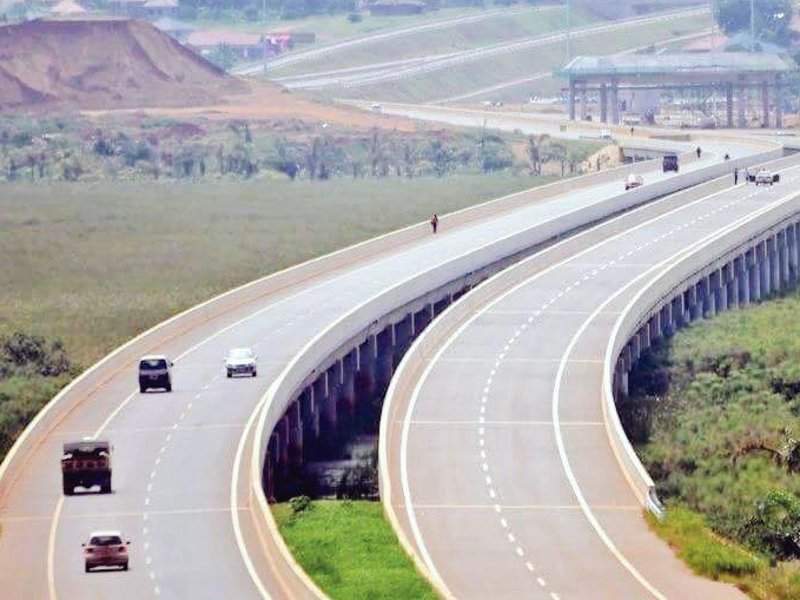TRANSPARENCY: CoST Uganda Commissions 2nd Infrastructure Transparency Index
By JANET NKASIIMA
KAMPALA-SHIFTMEDIA- There has been a tendency by the investors and other stakeholders to focus on the benefits of the project as opposed to the risks. The East African Crude Oil Pipeline (EACOP) will be the world’s longest pipeline with a length of 1,445km and a 24-inch diameter that will transport oil from Kabaale, Hoima, Uganda to the Chongoleani peninsula in Tanzania.
Like all large-scale infrastructure projects, the construction and operation of the EACOP is likely to affect the human rights of the communities where the project is situated. Over14,000 households will lose land; roughly 200 households will need to be resettled in Uganda and approximately 330 households in Tanzania. Even before the commencement of the construction, land acquisition has already led to the displacement of families, empty resettlement promises coupled with low and delayed compensation, imposed farming limitations requiring them to only grow seasonal crops rather than the more lucrative cash crops, has decreased their household income and reduces their standard of living.
While approaching the Tanzania border, and the north-western corner of Lake Victoria, the (EACOP) crosses a substantial zone of unbroken crop land, under rice cultivation and cattle grazing. Communities are living in fear and anxiety that the EACOP will worsen their economic opportunities by robbing them of their land and destroying the wetlands and forests which are sources of livelihood. Though some locals hope the EACOP will create job opportunities, there is fear that their limited education and low levels of capital might prohibit them from the opportunities linked to the project.
The major question now is; besides the revenue, the state shall derive from this pipeline, shall the ordinary man benefit? Or are his rights too insignificant that they can be outweighed by the country’s quest for economic development?
Business and adequate living rights
As specified in its Human Rights Guide and Code of Conduct, Total commits to respect internationally recognized human rights standards and has also publicly committed to applying the International Finance Corporation (IFC) Performance Standards which represent an important set of project safeguards; however, whether these commitments will actually be fulfilled is already questionable.
The United Nations Guiding Principles for Business and Human Rights (UNGP) puts an obligation on States to protect their citizens against human rights abuse within their territory by third parties, including business enterprises, through preventing, investigating, punishing, and redress such abuse through effective policies, legislation, regulations, and adjudication. Business enterprises equally have a legal obligation to; prevent or mitigate adverse human rights impacts that are directly linked to their operations, or services.
These obligations have been given a deaf ear. EACOP project does not show Social plans including, effects on social cohesion or disruption and its adequate compensation, effect on and assurance of human health, and clear interventions for food security and nutrition, this notwithstanding, the contracts for its commencement have been concluded.
This project is therefore inconsistent with the state parties’ obligations under international law in so far as it does not provide or consider the right of Peasants and other people working in rural areas to adequate living as it will permanently take away all livelihood and social cohesion tools and pathways to produce food which guarantee the possibility of enjoying the highest degree of physical, emotional and intellectual development for peasants. It distorts the peasants and other people working in rural areas conserving and improving biodiversity rights, which constitute the basis of food and agricultural production and food security, which are fundamental to attaining the internationally agreed development goals, including the 2030 Agenda for Sustainable Development.
The Project also contravenes the regional EAC Treaty Articles 5 (3) (c) 6 (d) and 7 (2) and threatens food security which is a core element under the EAC Food and Nutrition Security Action Plan 2018 to 2022 which obliges states to strengthen resilience among households, communities and livelihood systems by promoting sustainable utilization of natural resources and environmental conservation.
There is, therefore, need to provide immediate financial or in-kind assistance to communities currently affected by EACOP developments and delays, including those who have been prevented from growing long-term crops, until affected people’s livelihoods have been fully restored.
The State should update statutory valuation rates for all crops, lands, and other assets and. valuation
The author is the Program Manager Advocacy and Partnerships
(CENTRE FOR FOOD AND ADEQUATE LIVING RIGHTS)








